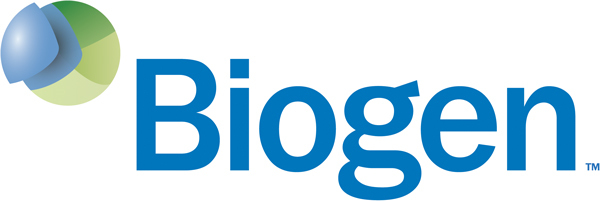Biogen Inc. and Envisagenics today announced a new collaboration to advance ribonucleic acid (RNA) splicing research within central nervous system (CNS) diseases. As part of the collaboration, Biogen will leverage Envisagenics’ proprietary artificial intelligence (AI)-driven RNA splicing platform, SpliceCore®, to define and understand the regulation of different RNA isoforms in CNS cell types.
Genetic information encoded in the human chromosome is converted into RNA molecules which is then used as the template to make proteins. RNA splicing is the process that trims out extra information embedded in the intermediate RNA molecules, and this trimmed RNA is what is then used to produce functional proteins.
“Since Biogen’s earliest days, RNA splicing has been an integral part of our history and mission dating back to co-founder Phillip Sharp’s discovery of the process in 1977,” said Alfred Sandrock, Jr., M.D., Ph.D., head of research and development at Biogen. “By combining Envisagenics’ SpliceCore platform with our deep expertise in this scientific approach, we believe that Biogen will be able to advance our understanding of RNA splicing and potentially identify new drug targets for CNS diseases.”
“Envisagenics is thrilled to work with Biogen because we share a commitment to identifying potential treatments for CNS diseases through innovative AI technology like the SpliceCore platform. Envisagenics and Biogen recognize the power of RNA splicing to aid in the discovery of potential therapeutics,” said Maria Luisa Pineda, Ph.D., chief executive officer of Envisagenics. Envisagenics’ Chief Technology Officer, Martin Akerman, Ph.D., added, “scientists have only recently been able to uncover disease-causing novel isoforms at scale, thanks to improvements in the speed and sensitivity of bioinformatics software like SpliceCore.”
Traditionally, the process of detecting, cataloging, and interpreting RNA splicing errors has been laborious, slow, and costly. However, by tapping into Envisagenics’ machine learning algorithms and high-performance computing, Biogen may now be able to identify, test, and validate splicing errors at scale. Through this collaboration, Biogen will gain access to SpliceCore’s database of approximately seven million potential RNA splicing errors, which is the largest database of splicing errors in the world. This will provide Biogen with a broader lens to evaluate splicing events that may be targeted for therapeutic gain. In addition, collaboration aligns with Biogen’s broader objective of identifying and validating genetic targets of disease to increase the probability of success in CNS drug discovery.

 Collab for research
Collab for research










.jpeg)








.png)
.png)

.png)
.png)
.png)

.png)
.png)
.png)

.png)
.png)